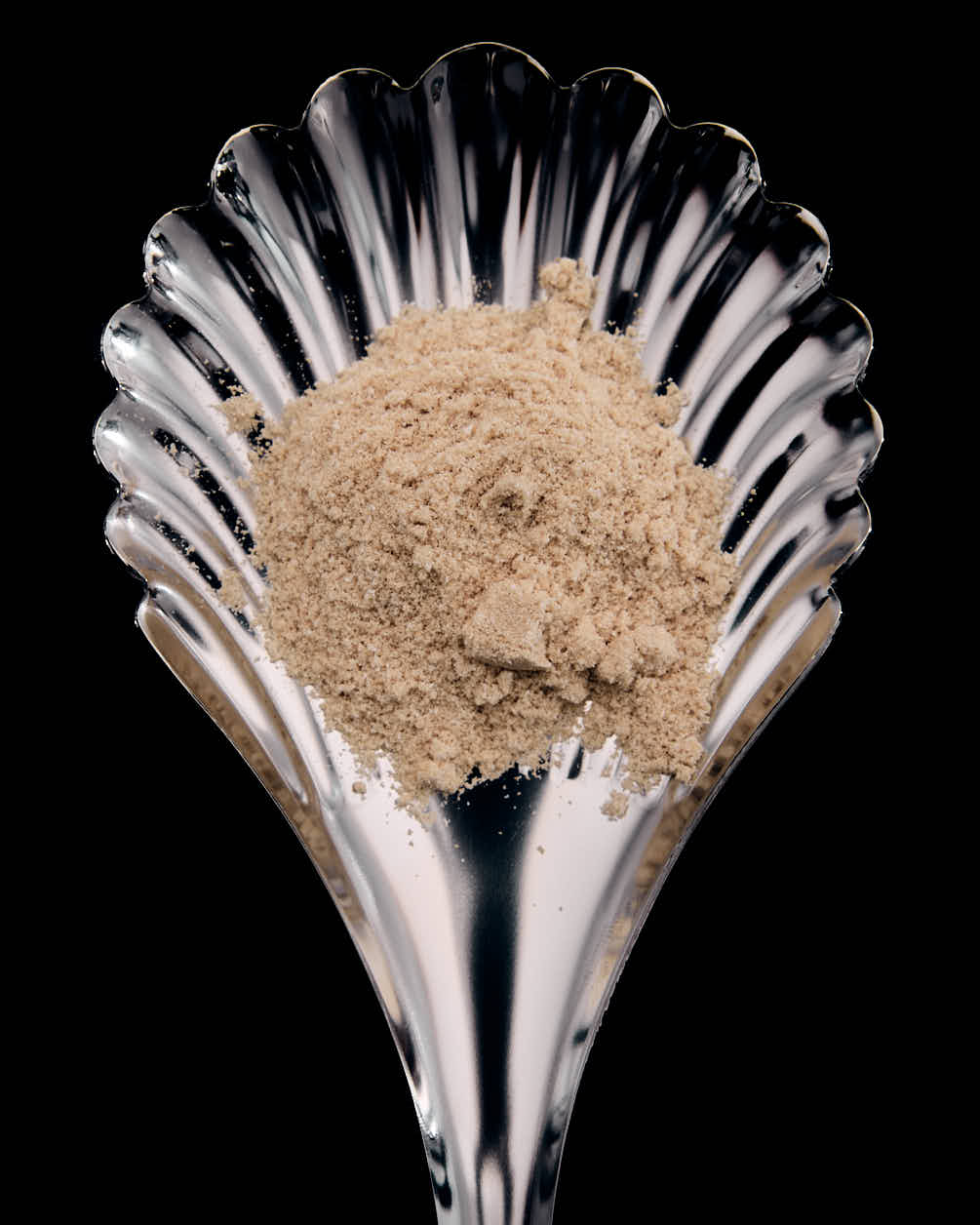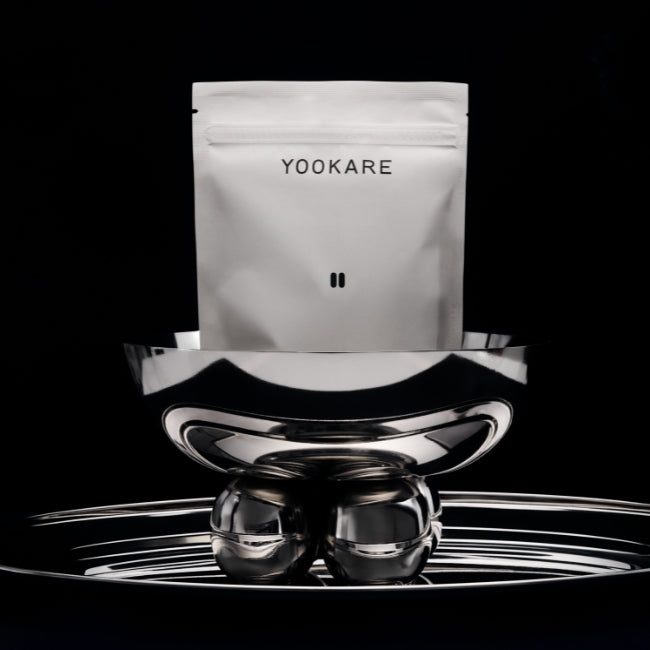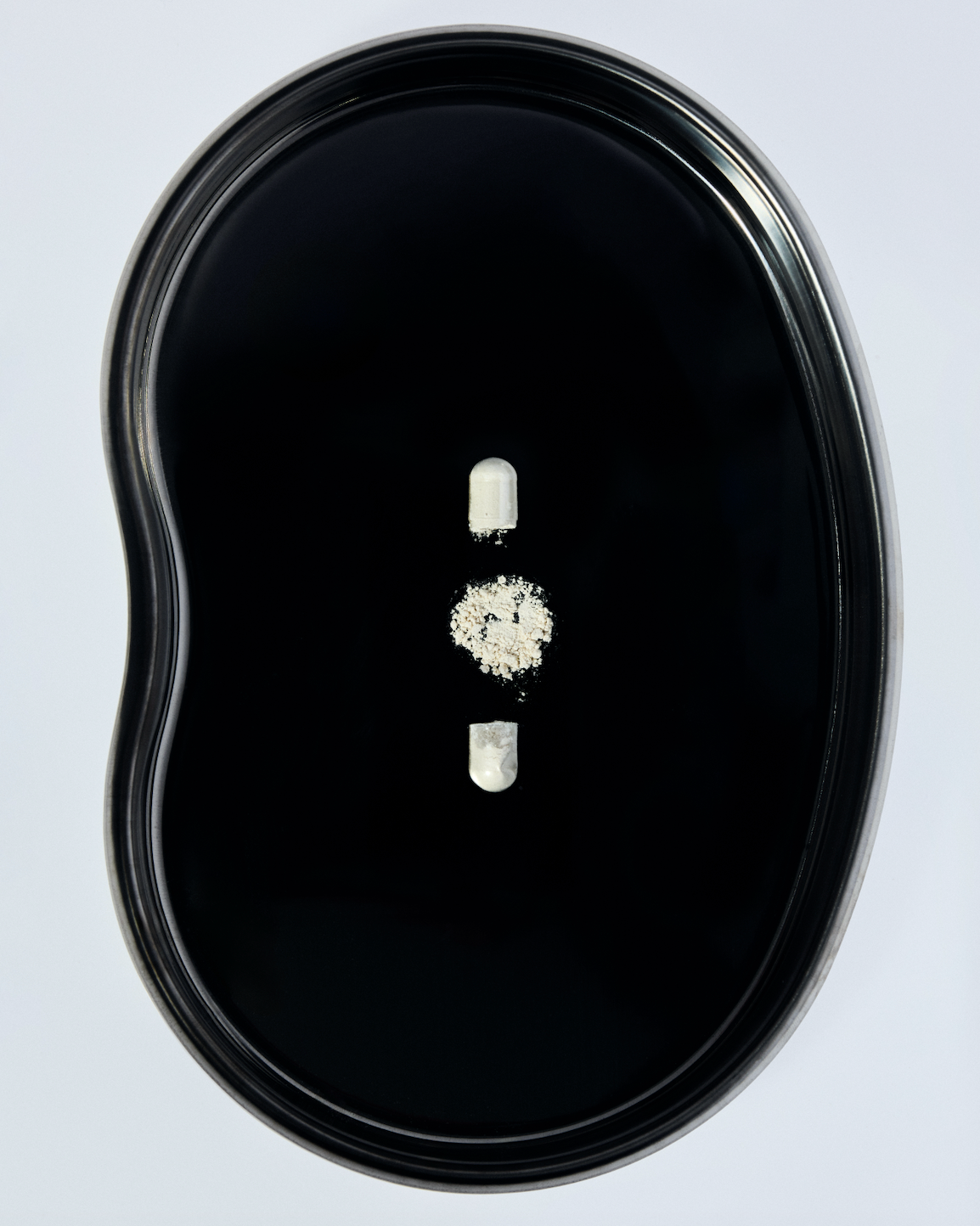
The Art of Aging Gracefully: Nutrition and Lifestyle to Boost Longevity
Aging is a natural process we cannot avoid—but it is possible to experience it with grace and good health. More and more studies show that our longevity is not solely determined by genetics, but also by our lifestyle choices. By adopting specific dietary habits and practices that promote physical and mental well-being, it’s possible to grow older while maintaining a high quality of life. This article explores the key pillars of longevity—from balanced nutrition to healthy daily habits—for a smooth and harmonious aging process.
1. Nutrition: The Key to Longevity
Food plays a fundamental role in preserving health throughout life. In regions of the world where life expectancy is highest—often referred to as "Blue Zones" (such as Okinawa in Japan or Sardinia in Italy)—certain dietary habits are closely tied to increased longevity.
a. Focus on Plant-Based Foods
People living in Blue Zones primarily consume fruits, vegetables, legumes, whole grains, nuts, and seeds. These nutrient-rich foods provide fiber, antioxidants, and essential vitamins that reduce inflammation and help prevent chronic illnesses such as cardiovascular disease and type 2 diabetes. They are also low in saturated fats and refined sugars, supporting metabolic health and weight control.
b. The Benefits of Healthy Fats
Healthy fats from sources like avocados, nuts, and extra virgin olive oil are common in longevity diets. These fats are rich in omega-3 fatty acids, which have anti-inflammatory properties and help protect the heart. In Greece and Italy, olive oil is a staple of the Mediterranean diet, widely known for its cardiovascular benefits.
c. Moderate and Smart Protein Intake
In high-longevity regions, animal protein is consumed in moderation, and usually comes from high-quality sources such as fish, eggs, and occasionally lean meats. Plant-based proteins from beans, chickpeas, and lentils are preferred. These legumes provide essential amino acids while being easier to digest and less inflammatory than certain red meats.
d. The Power of Superfoods
Some foods are especially beneficial for graceful aging. For instance, berries and green vegetables like spinach or broccoli are rich in antioxidants that combat oxidative stress—a major cause of cellular aging. Green tea, consumed daily by Okinawans, is also known for its antioxidant properties.
2. The Importance of Daily Movement
Physical activity is another pillar of healthy aging. However, this doesn’t necessarily mean spending hours at the gym. People who live longer tend to incorporate movement naturally into their daily lives.
a. Moderate, Consistent Activity
Simple activities like walking, gardening, or cycling are highly effective in maintaining a fit body. In Blue Zones, residents spend much of their time walking or doing manual or agricultural tasks. This regular movement helps maintain muscle strength, supports bone density, and improves joint mobility.
b. Yoga and Flexibility Exercises
In addition to cardio, practices such as yoga or stretching are also beneficial. They enhance flexibility, improve posture, relax tense muscles, and help reduce stress. Yoga, in particular, combines deep breathing with meditation, offering both physical and mental health benefits.
3. Cultivating Inner Peace to Support Longevity
An often-overlooked factor in healthy aging is emotional balance and stress management. Chronic stress increases the risk of conditions such as hypertension, heart disease, and even depression.
a. Relaxation Practices
In longevity regions, people often engage in relaxation practices like meditation, prayer, or spending time in nature. These activities help calm the mind and reduce stress, fostering both mental and physical well-being. A popular habit in Okinawa is the concept of ikigai, meaning “reason for being.” Having a purpose in life is associated with greater resilience and life satisfaction.
b. Strong Social Connections
Social relationships also play a vital role in longevity. Being surrounded by a supportive community—whether family, friends, or social groups—helps reduce feelings of loneliness and enhances mental well-being. People in Blue Zones tend to be highly connected to their communities, creating a strong sense of belonging.
4. The Art of Quality Sleep
Sleep is another key factor in graceful aging. Lack of sleep is linked to numerous health issues, including weight gain, cognitive decline, and increased risk of chronic diseases. Getting enough rest is essential for cellular repair and mental clarity.
a. A Consistent Sleep Routine
Long-lived individuals tend to follow regular sleep schedules, avoiding late-night distractions such as screens and adopting calming bedtime rituals. A quiet, dark environment, comfortable bedding, and consistent sleep-wake times support deep, restorative sleep.
Conclusion
Aging gracefully and in good health doesn’t require drastic change, but rather the adoption of simple, sustainable habits. By following a balanced diet, staying physically active, cultivating peace of mind, and nurturing social connections, you can not only extend your lifespan but also enhance the quality of your later years. Living longer doesn’t simply mean getting older—it means aging well, with vitality in both body and mind.



